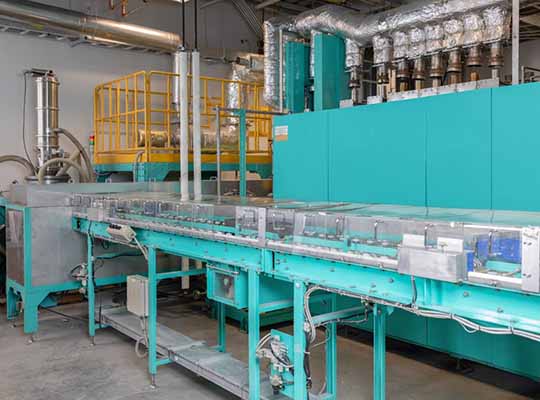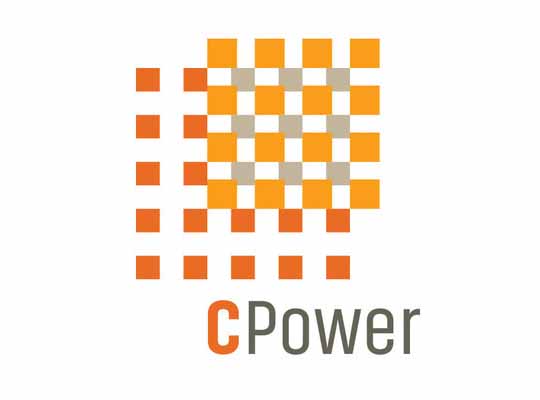NEW YORK – With almost 7 million people dying each year as a result of air pollution, according to the World Health Organization (WHO), emission standards for vehicles and non-road engines are being made stricter around the world. This will be a key propeller of the global fuel additives market revenue from $5,032.7 million in 2020 to $7,990.6 million by 2030, at a 4.9% CAGR between 2021 and 2030, according to P&S Intelligence.
This is because such products either improve the engine performance or modify the properties of the fuel itself to reduce the fuel consumption and greenhouse gas (GHG) emissions. In this regard, the emission standards of the U.S. Environmental Protection Agency, European Union (EU), and Indian government are aiding the fuel additives market growth by mandating the usage of cleaner fuels and more-efficient engines.
Key Findings of Global Fuel Additives Market Report
- Government emission regulations strongest reason behind market growth
- Wide applications of fuel additives also boosting their consumption
- Usage of fuel additives to grow fastest in aviation fuel
- Deposit-control additives widest selling of all products
- APAC to continue to be largest market for fuel additives
- Presence of numerous petrochemical companies makes market fragmented
The fuel additives market was negatively affected by the COVID-19 pandemic as the production of such additives was suspended. Moreover, industrial operations were reduced, and people were not allowed to travel, unless for essential purposes, which brought down the consumption of fuel additives in vehicles. Further, the temporary closure of refineries and petrochemical factories led to the extremely low production of fuel additives.
In the coming years, the fastest fuel additives market growth in the type segment is likely to be seen in the deposit control category. Deposit-control additives are used in an array of sectors as they reduce and clean the deposits of sludge, varnish, and carbon from the engine, thereby increasing its life and improving its performance and fuel efficiency.
Throughout the decade, the end use segment of the fuel additives market will be dominated by the automotive category. Diesel is preferred for commercial vehicles as it offers more energy and is more energy efficient compared to gasoline. Further, with the increasing strictness of emission standards and surging gasoline prices, many people have started using diesel cars instead of those using petrol.
Asia-Pacific (APAC) has been the largest fuel additives market till now, and the situation is not predicted to change in the years to come. The region with the largest automobile fleet and, thus, the highest air pollution levels, in the world, APAC has a strong need to reduce its GHG emissions. Additionally, the burgeoning petrochemical production in China is leading to the easy and cost-effective access to fuel additives, thereby driving their consumption.
The major players in the global fuel additives market are BASF SE, Evonik Industries AG, Clariant International Ltd., Exxon Mobil Corporation, Total S.A., Croda International Plc, The Lubrizol Corporation, Chevron Corporation, Innospec Inc., and Afton Chemical Corporation.













